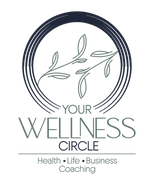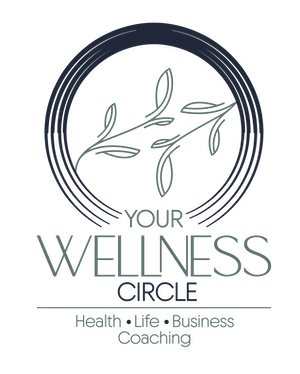At Your Wellness Circle, we believe in nurturing a holistic approach to life, health, and business. One topic that often surfaces in coaching conversations is the ingrained habit of people-pleasing. While it may seem like a positive trait to want to make others happy, the impact of people-pleasing can be detrimental to your well-being across various areas of your life. In this blog, we will explore what people-pleasing is, its types, and how it can affect you mentally, emotionally, and even in your professional life.
What is People-Pleasing?
People-pleasing is the tendency to prioritize the needs, desires, and opinions of others over your own. Often rooted in a desire for approval and acceptance, this behavior can lead to a cycle of compromising your own values and needs to keep others happy. While wanting to be liked can be natural, the compulsive need to please can have severe consequences.
Types of People-Pleasing
- Emotional People-Pleasing: This type involves consistently putting others’ emotions before your own. You might avoid conflict at all costs, even if it means ignoring your own feelings. This can lead to resentment and emotional burnout over time.
- Social People-Pleasing: In this case, you may adjust your behavior based on social expectations or norms to fit in with a group or to be accepted. This often results in losing your authentic self and can create a façade that feels exhausting to maintain.
- Workplace People-Pleasing: Many individuals find themselves unable to say no to colleagues or supervisors, often taking on more work than they can handle. This type harms your productivity and can negatively impact your career growth and job satisfaction.
- Caregiver People-Pleasing: Caretakers often find themselves neglecting their own needs while trying to support others. Similar to emotional people-pleasing, this can lead to feelings of being overwhelmed, as you prioritize others’ health and happiness over your own.
The Detrimental Effects of People-Pleasing
- Loss of Self-Identity
Constantly trying to meet the expectations of others can erode your sense of self. You may find it challenging to identify what makes you happy or fulfilled, leading to increased confusion and dissatisfaction in life.
- Burnout and Stress
The effort to please everyone invariably leads to exhaustion. If you are always saying yes and stretching yourself thin, the resulting stress can lead to burnout, affecting your mental and physical health.
- Poor Boundaries
People-pleasers often struggle with setting boundaries. This inability to assert your needs not only leads to feelings of overwhelm but can also foster resentment towards those you feel are taking advantage of your willingness to please.
- Impaired Relationships
While it may seem that being agreeable strengthens relationships, in reality, it can create a power imbalance. When one party always puts the other first, it leads to an unhealthy dynamic where true communication and connection are stifled.
- Career Implications
In the workplace, failure to advocate for your own needs or ideas can hinder career advancement. People-pleasers might miss out on promotions or opportunities because they don’t assert themselves.
Steps to Break the People-Pleasing Habit
- Self-Reflection: Take time to understand your motivations. Reflect on your values and what you truly want from your life and relationships.
- Set Boundaries: Practice saying no. Start with smaller commitments and gradually move to more significant requests. Remember, it’s okay to prioritize your needs.
- Communicate Openly: Be honest with others about your feelings and needs. Effective communication fosters healthier relationships.
- Practice Self-Care: Invest time in activities that nourish your soul. Prioritize your well-being, and make sure you are replenishing your energy.
- Seek Support: Consider working with a coach who can guide you in overcoming people-pleasing behaviors and help you develop a more authentic self.
People-pleasing may stem from a desire for acceptance and harmony, but the consequences can be far-reaching and detrimental to your overall wellness. At Your Wellness Circle, we are here to support you in navigating these challenges and empowering you to live a more authentic, balanced life. Remember, prioritizing your own needs is not selfish; it is essential for fostering true happiness and health in all areas of your life.
If you’re ready to break free from the cycle of people-pleasing and reclaim your power, contact Your Wellness Circle today to explore how our coaching services can help you thrive!






